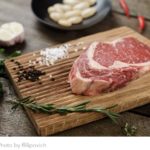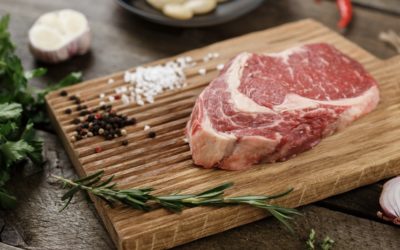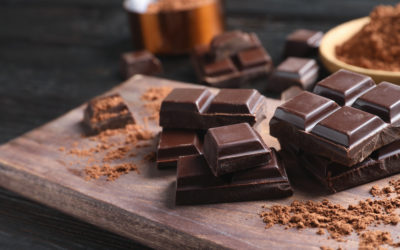Skin Cancer is a BIG Deal!
The three scariest words in 7 languages are: “you have cancer”. And, rightfully so, as cancer is the second leading cause of death in the United States. Another sobering statistic is that 1 out of 2 women and 1 out of 3 men will develop cancer in their lifetime (if they live long enough).
Americans spend $8 Billion each year on skin cancer treatment. The most common types are basal and squamous cell carcinomas, but melanoma can pose a much more dangerous problem if not caught early.
Cancer is Preventable
All skin cancers (Basal, Squamous, and Melanoma) combined are the sixth leading type of cancer diagnosed each year in the US.
The thing about cancer, including skin cancers, is that they are preventable.
Although it’s true that some cancers are genetic, they only represent about 5-10% of cases. The rest of the 90-95% of cases are related to diet and lifestyle factors. Choices you have control over.
Doctors are beginning to realize that sunscreen is not as helpful as they once thought. People just don’t seem to use it as directed. For example, in order to obtain the sun protection factor (SPF) listed on the bottle you have to use a substantial amount. Two teaspoons on the face alone and the amount in a shot glass for the whole body. Most people simply don’t put on enough, especially if they are using a spray. Additionally, the chemicals in sunscreen pose their own risk of toxic substance exposure. Finally, people forget they need to reapply, especially if they have been swimming or sweating.
The best way, it seems, to protect yourself from UVA/UVB damage is to wear protective clothing. To get adequate amounts of vitamin D, the safest time to go out without sunscreen is early in the morning.
But what about diet, can that help guard against skin cancer?
As it turns out, diet can help protect you from cancer overall.
Donald Abrams, MD says, “I tell my patients that I think of cancer as a weed. Modern western oncology is focused on destroying the weed, while integrative oncology concentrates on the soil the weed grows in and on making the soil as inhospitable as possible to the growth and spread of the weed.”
That’s where diet comes to the rescue!
Diet can be instrumental in reducing oxidative stress, decreasing risk of infection, keeping inflammation down, modulating hormones, regulating blood sugar, bolstering the immune system, and enhancing detoxification.
Think of the food you eat as information and your way to communicate with your body. Food provides vitamins and minerals essential to all metabolic processes, turning on or off genes, provides substrate for energy, neurotransmitter, and hormone production, and provides amino acids for protein synthesis, DNA and tissue repair.
That’s quite the job! All from the foods we eat.
Several diets have been proposed to be cancer preventive including the Mediterranean diet, the Macrobiotic diet, the Okinawan diet, the Gerson diet, and the Blue Zone diet. Which ever diet you choose to follow, what you will undoubtedly notice is that it emphasizes plant-based, whole foods especially raw fruits and vegetables, grains, legumes, nuts, and seeds. Some diets allow for small amounts of wild caught fish. All of them avoid processed meats and other processed foods (cookies, crackers, etc), eggs, dairy, poultry, red meat, anything artificial, and refined sugar.
So what are some things you can eat for cancer prevention?
Food with a high oxygen radical absorbance capacity (ORAC) are essential partners in the prevention from and support during cancer. The foods with high ORAC values are those with deep colors like blueberries, pomegranates, strawberries, raspberries, and kiwis. It also includes foods like broccoli (and broccoli sprouts), cabbage, garlic, beans, walnuts, basil, dill, oregano, cloves, turmeric, thyme, and sage. Just to name a few.
When it comes to melanoma specifically, there are a few antioxidants that have been studied and found to be chemoprotective including Grape Seed Proanthocyanidins (grape seeds), Epigallocatechin-3-gallate (Green tea), Resveratrol (grapes, wine, berries, and peanuts), Silymarin (Milk Thistle), RosmarinicAcid (Rosemary), and Lycopene (tomatoes, watermelon, papaya, red carrots, and pink grapefruit).
If you don’t cook with spices, there is no time like the present to start! The following list of spices has also been found to be chemoprotective and should be incorporated in daily as part of a healthy diet overall: Coriander, Cinnamon, Cloves, Cumin, Ginger, Saffron, Turmeric, and Vanilla Beans.
So this summer when the sun is beating down, be sure to wear protective clothing like wide-rimmed hats and light and loose fabrics like linen, find a good sunscreen with few chemicals, and eat your antioxidants!









